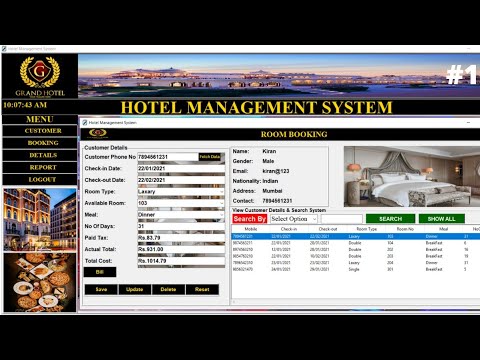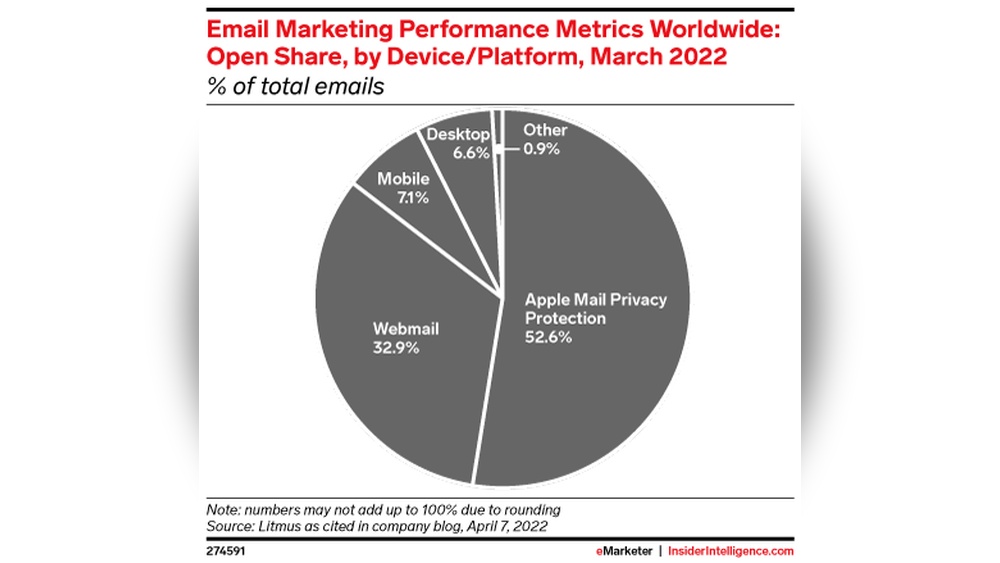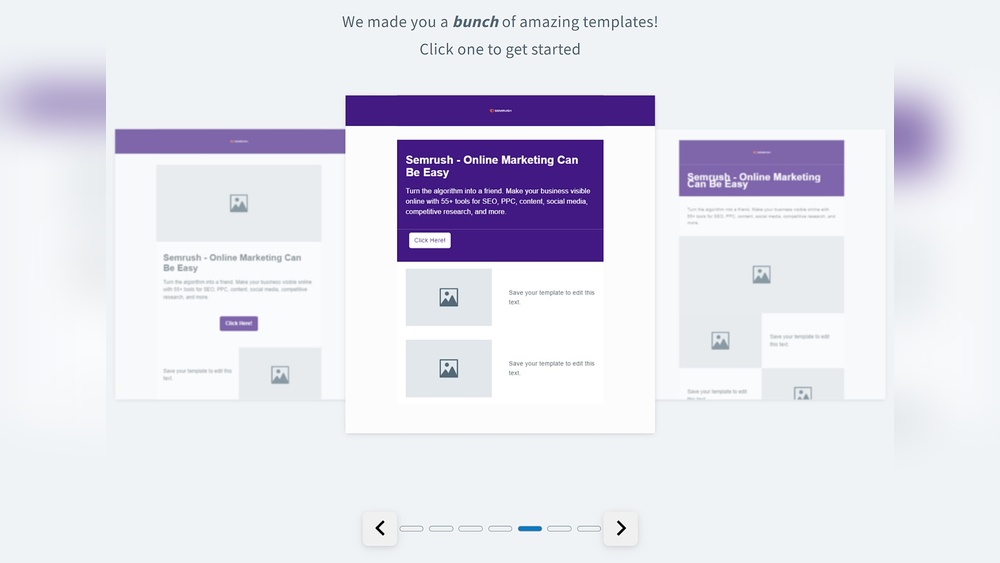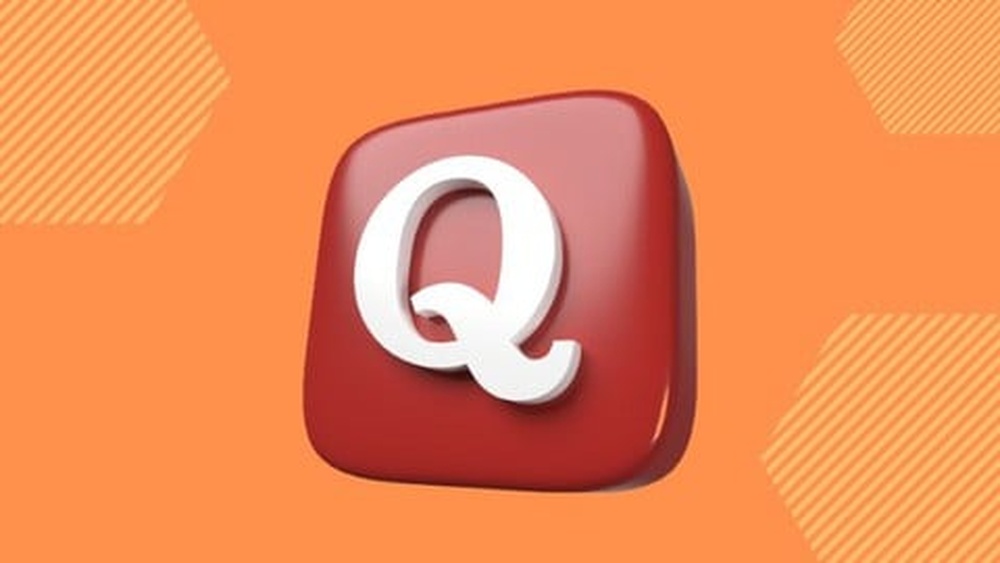To create a hotel management tool in Python, start by defining the core functionalities such as booking, billing, and customer management. Select a Python framework, like Django or Flask, to handle backend processes and build a user interface with libraries such as Tkinter or PyQt.
Crafting a hotel management tool with Python can streamline hotel operations and enhance guest services. Python, beloved for its readability and robust frameworks, provides the perfect canvas for such software. Embarking on this development journey, programmers will combine the power of Python’s various libraries and frameworks to manage bookings, room availability, services, and customer interactions.
By harnessing Python’s flexibility, developers can produce a customized tool tailored to unique business needs, offering an intuitive interface for hotel staff and management. As this sector thrives on efficiency and customer satisfaction, a reliable and user-friendly management tool, augmented by Python’s capabilities, is indispensable for maintaining a competitive edge in the hospitality industry.
Essentials Of Hotel Management Tools
Hotel management tools are the backbone of any successful lodging operation. In a fast-paced industry driven by guest satisfaction and efficient service delivery, the right tool can make all the difference. Combining technology with the hospitality industry has led to the development of advanced software applications that can handle a plethora of tasks seamlessly. Developing a hotel management tool using Python is a smart choice thanks to its powerful libraries and frameworks which simplify the process. Let’s delve into some of the essentials that such a tool should encompass.
Importance Of Automation In Hospitality
In the hospitality industry, automation stands as a pivotal element that not only enhances operational efficiency but also ensures guests experience the utmost convenience and personalization. With Python’s capabilities, automating various aspects of hotel management becomes more accessible and efficient.
- Reduce manual errors: Automation minimizes the room for human error, ensuring a smooth guest experience from booking to checkout.
- Time-saving: Automated processes free up staff time, allowing them to focus on providing exceptional in-person guest services.
- Analytics: Automated systems provide valuable data that can help in making informed decisions to improve services and profitability.
Key Functionalities Of A Hotel Management Tool
To construct an impactful hotel management tool using Python, it is crucial to integrate a variety of key functionalities that address the core needs of both the operation and its guests. A robust tool should include the following:
| Functionality | Description |
|---|---|
| Reservation Management | Efficient handling of reservations, availability checks, and booking confirmations. |
| Room Assignment | Seamless allocation of rooms based on guest preferences and room availability. |
| Billing and Invoicing | Accurate generation of bills, tracking of payments, and managing invoices. |
| Guest Management | Personalization of guest experiences through preference tracking and service customization. |
| Housekeeping Management | Scheduling and tracking of cleaning and maintenance tasks to ensure high standards. |
| Reporting and Analysis | Extraction of actionable insights from data for performance tracking and strategic planning. |
Integrating these functionalities into a Python-based hotel management tool can effectively streamline operations, boost productivity, and elevate the overall guest experience.

Credit: www.fiverr.com
Choosing Python For Your Hotel Tool
Python stands tall amongst programming languages when it comes to building complex applications with ease. For entrepreneurs and project managers aiming to construct a hotel management tool, Python offers a blazingly fast development cycle, a plethora of resources, and a friendly syntax that’s perfect for teams with varying levels of programming proficiency. Dive into why Python is arguably the best option for your next hospitality industry software project.
Python’s Simplicity And Efficiency
One of the strongest selling points of Python is its straightforward syntax, often compared to the English language. Developers, both novice and experienced, find Python intuitive, which allows them to focus more on problem-solving rather than grappling with the complexities of the language itself. Python’s syntax promotes readable and maintainable code, crucial factors for a long-lived project like a hotel management tool.
In terms of efficiency, Python allows for rapid prototyping and iteration. This means that a hotel management tool can go from concept to a working prototype in record time. This swift turnaround is important in the hospitality industry, where market trends shift quickly, and the ability to adapt can make or break a business.
Libraries And Frameworks For Development
Beyond its readability and speed, Python is buoyed by an extensive set of libraries and frameworks that can expedite the development process of a hotel management tool. Some of the prominent frameworks include Django and Flask which provide robust foundations for building web applications with diverse functionalities. These frameworks are backed by a multitude of libraries for everything from data analysis (Pandas) to machine learning (scikit-learn) that can enhance the features of the hotel management tool.
Here’s a glimpse of the kind of functionality you can integrate with these Python tools:
- Django: All-inclusive web development framework, great for handling backend operations.
- Flask: A lightweight framework that provides more flexibility for web app development.
- Pandas: Data manipulation and analysis library, ideal for managing reservation and customer data.
- SQLAlchemy: Database toolkit that allows for easy database management.
Utilizing these libraries and frameworks cuts down on development time and gives developers the tools they need to build a comprehensive, flexible, and reliable hotel management system.
Planning The Hotel Management System Structure
Embarking on the journey of creating a hotel management tool using Python requires a meticulous plan. Before delving into the coding aspect, it’s essential to outline the structure. This ensures a robust backbone for the application that caters to every facet of hotel management effectively. The initial phase involves breaking down the project into manageable steps, beginning with identifying the core components and modules, followed by carefully designing the system architecture.
Identifying the core components and modulesIdentifying The Core Components And Modules
A comprehensive hotel management system encompasses various modules that work in harmony. The following core components form the foundation:
- Reservation Management: To handle bookings, cancellations, and customer inquiries.
- Room Management: For tracking the status of rooms, maintenance schedules, and amenity availability.
- Billing and Invoicing: To ensure accurate billing, payment tracking, and financial reporting.
- Customer Relationship Management (CRM): For maintaining guest profiles, preferences, and loyalty programs.
- Housekeeping: To manage cleaning schedules and assign tasks to staff.
- Reports and Analytics: For real-time insights into hotel operations and performance metrics.
In addition, auxiliary components such as Employee Management, Inventory Control, and Event Management could be integral, depending on specific hotel needs.
Designing the system architectureDesigning The System Architecture
With the key modules identified, the next imperative step is to design the system architecture. This involves laying out how these components will interact with each other and ensuring that the system is scalable and easy to maintain. A well-planned architecture steers clear of potential bottlenecks and provides a user-friendly experience.
For an effective architecture design, consider the following:
- Using Model-View-Controller (MVC) patterns to separate logic, user interface, and data.
- Creating a database schema that reflects the complexity and relations of hotel operations.
- Implementing APIs for external integrations such as payment gateways or travel agent platforms.
- Ensuring security measures are in place to protect sensitive guest and business data.
- Adopting a modular approach to make future expansions and updates seamless.
A diagrammatic representation of the system, including the databases, modules, and external integrations, helps visualize the architecture, making it easier to identify potential improvements. Building such a tool using Python, with its vast array of frameworks and libraries, can be both efficient and effective.
Building The Tool With Python
Embarking on the journey to create a hotel management tool using Python promises both excitement and challenges. Python, with its powerful libraries and ease of use, is an excellent choice for developing sophisticated systems such as a hotel management suite. This section will guide you through the necessary steps to set up your development environment, the selection of appropriate libraries, and the intricacies of piecing together the interface and the backend of your application.
Setting Up The Development Environment/
To kick-start your project, a suitable development environment is key. Follow these steps to prepare your workspace:
- Install Python: Ensure you have the latest version of Python installed on your machine.
- Code Editor: Choose a code editor such as Visual Studio Code or PyCharm to write your Python code efficiently.
- Virtual Environment: Set up a virtual environment to manage dependencies and packages unique to your project.
- Version Control: Initialize a Git repository to track changes and collaborate with other developers if needed.
# Installation commands for a virtual environment
python -m venv hotelenv
# Activating the virtual environment on Windows
hotelenv\Scripts\activate.bat
Utilizing Libraries For Database Management And Ui/
Python’s extensive ecosystem offers libraries that can significantly simplify the development of your hotel management tool.
For database management, tools such as SQLAlchemy or SQLite3 are widely used:
- SQLAlchemy provides a full suite of well-known enterprise-level persistence patterns.
- SQLite3 comes as a part of the Python standard library and is a lightweight disk-based database.
When it comes to crafting the user interface, consider these libraries:
- tkinter for a simple GUI or PyQt/PySide for a more advanced, feature-rich interface.
- Kivy for cross-platform applications or Python Flask/Django if you prefer a web-based approach.
Integrating these libraries within your Python code will involve importing modules, setting up connections to databases, and defining the logic for each action the management tool can perform. Detailed documentation available for these libraries can greatly facilitate this process.
# Example of importing and using a library
import sqlite3
# Connecting to SQLite
conn = sqlite3.connect('hotel_management.db')
Include Python code examples and usage of libraries where appropriateIntegrating Core Features In Python
Developing a hotel management tool with Python offers versatility and power to your hotel’s operational efficiency. Python’s vast libraries and frameworks ease the integration of core features such as reservation systems, staff management, and automated billing. These features enhance guest satisfaction while streamlining internal processes. Crafting these systems in Python requires an understanding of databases, user interface design, and backend logic development. Let’s break down the integration of these core hotel management functionalities using Python.
Implementing Reservation And Booking Systems
Creating a robust reservation and booking system is vital for any hotel management software. Python simplifies this process with frameworks like Django or Flask, facilitating the development of user-friendly interfaces.
- Design the database schema to store reservations with models in Django or equivalent ORM in Flask
- Implement views and templates/forms for booking creation and modification
- Ensure real-time availability checks to prevent double bookings
Integrating third-party calendars and payment gateways can be done via API calls. This can be achieved with Python modules like requests or those specific to the service provider.
Managing Staff And Customer Data
Securely managing staff and customer data is essential. Python’s data structures and storage solutions enable you to maintain this information efficiently.
| Feature | Python Tool/Framework |
|---|---|
| Data Security | Cryptography packages like PyCrypto |
| CRUD Operations | Django ORM or SQL Alchemy for database interactions |
| User Authentication | Django’s built-in authentication system |
The use of secure hashing for password storage and access control measures ensures that staff and customer data remains confidential and protected.
Automating Billing And Invoicing Processes
Automation of billing and invoicing reduces manual errors and saves time. Python offers libraries that can handle these tasks with accuracy and ease.
- Integrate a Python library like
simpleinvoiceto generate professional invoices. - Use
Pandasfor handling and analyzing financial data. - Automate the sending of invoices using email modules such as
smtplib.
With Python, you can schedule periodic billing and keep a digital ledger for all transactions. This ensures an organized and efficient financial operation within your hotel management tool.
Adding Advanced Features And Testing
As we delve into crafting an exceptional hotel management tool with Python, the journey to functionality and sophistication steadily unfolds. With the core elements in place, it’s time to elevate the system by Adding Advanced Features and Testing. These steps are crucial to ensure that the tool doesn’t just exist but thrives, equipped to handle the dynamic and demanding landscape of hotel management.
Implementing Analytics And Reporting/
In the bustling world of hotel management, making data-driven decisions is not just an option but a necessity. Advanced analytics and reporting capabilities are foundational to understanding performance indicators and guest behavior. Python excels in this department with libraries such as pandas, Matplotlib, and seaborn that turn data into actionable insights.
- Occupancy rates: Gauge success by analyzing room occupancy patterns.
- Revenue tracking: Track earnings from various services within the hotel.
- Customer feedback analysis: Use sentiment analysis to understand guest satisfaction.
These insights not only illuminate current performance but also shape future strategy. Implement personalized dashboards using the Dash library or generate comprehensive reports with ReportLab to constantly stay ahead.
Testing The Tool For Reliability And Performance/
Robust testing is non-negotiable to ensure that your hotel management tool stands the test of time and use. Python’s unittest framework serves as a reliable companion for this task. Creating a suite of automated tests to cover a variety of scenarios is essential for:
- Verifying that each function behaves as intended.
- Ensuring data integrity and security.
- Assessing the tool’s performance under different load conditions.
Embrace a continuous testing mentality with continuous integration and deployment tools like Jenkins or Travis CI. This allows for immediate detection and resolution of issues, paving the way for a seamless user experience.
Remember, rigorous stress testing using libraries such as locust or pytest will help to mimic real-world usage, ensuring that your tool can handle peak hotel operational pressures without buckling.
Frequently Asked Questions On How To Make A Hotel Management Tool Using Python?
How To Make A Management System In Python?
To create a management system in Python, choose a framework like Django or Flask. Define the data models and create a database. Develop user interfaces with templates or use a front-end library. Implement business logic in view functions, and test your system thoroughly.
What Is Hotel Management System Project Python?
A hotel management system project in Python is a software application developed using the Python programming language, designed to automate and manage hotel operations such as bookings, billing, and guest relations.
How Is Python Used In The Hospitality Industry?
Python streamlines operations in the hospitality industry by automating tasks, managing bookings, analyzing customer data, and integrating various hotel management systems for improved service delivery. It also supports developing customized applications to enhance guest experiences.
How To Create A Gui Restaurant Management System In Python?
To create a GUI restaurant management system in Python, use a library like Tkinter for the interface. Start by designing the layout with buttons, menus, and forms. Then, add functionality to manage orders, inventory, and transactions by integrating it with a database like SQLite.
Conclusion
Embarking on the journey to create a hotel management tool with Python can be a game-changer for your hospitality business. With the right approach and Python’s robust libraries, your custom tool can streamline operations and elevate the guest experience. Start building your solution today and unlock a new level of efficiency.






